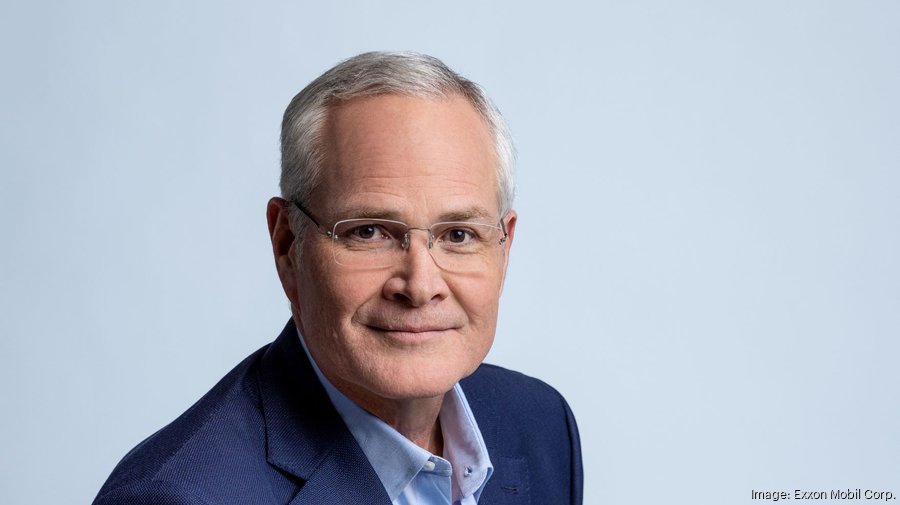Listen to this article 5 min
Exxon Mobil Corp. announced early May 3 that it closed its acquisition of Dallas-based Pioneer Natural Resources Co., a deal with significant ramifications for Texas' oil and gas sector.
The all-stock acquisition was valued at $59.5 billion, or $253 per share, based on Spring-based Exxon's (NYSE: XOM) closing price on Oct. 5, 2023, which was just before news broke that a deal was in the works. When including debt, the total enterprise value of the deal was expected to be about $64.5 billion. It's Exxon's largest deal since acquiring Mobil in 1999, the Wall Street Journal previously reported. It also is the largest deal in the history of the U.S. shale upstream sector, analysts said previously.
Despite the massive price tag, analysts have already said that the deal is a good one for Exxon due to Pioneer's portfolio in the Permian Basin.
The combined company has more than 1.4 million net acres in the Delaware and Midland portions of the Permian with an estimated 16 billion barrels of oil equivalent resource, Exxon said May 3. The deal more than doubles Exxon's Permian production volume to 1.3 million barrels of oil equivalent per day, based on 2023 volumes, and that figure is expected to increase to approximately 2 MOEBD in 2027, based on initial estimates.
In addition to its significance in the oil industry, the deal is a big one for North Texas. The company reported 2023 revenue of nearly $19.4 billion. At the end of last year, it employed 2,213, including 933 in field operations.
Additionally, Dallas loses the largest public energy company headquarters in town — previously, the largest was Exxon, which moved its headquarters to the Houston area in 2023, a shift announced in 2022. Vast fortunes have been tied to Pioneer over the decades, dating back to when Sheffield founded it in 1997.
“This premier, tier-one asset is a natural fit for our Permian portfolio and gives us a greater opportunity to deploy our technology and deliver operating and capital efficiency for long-term shareholder value," Exxon Mobil Chairman and CEO Darren Woods said in a statement. "The combination of our two companies benefits this country’s energy security and economy, and also furthers society’s environmental ambitions as we move Pioneer’s 2050 net zero goal to a 2035 plan."

The massive deal closed one day after the Federal Trade Commission agreed to approve it as long as Scott Sheffield, the founding CEO of Pioneer, was banned from joining Exxon’s board of directors or serving in any advisory capacity. Sheffield had stepped down at the end of 2023.
Another clause in the FTC’s decision was that for five years, Exxon shall not nominate or appoint any Pioneer employee or director to its board, except for certain named individuals. Maria Dreyfus, a current board member at Pioneer, was selected to join Exxon’s board on May 3. Rich Dealy, the current CEO of Pioneer who joined at the beginning of 2024, will take a leadership role in the combined company's Permian Basin business.
The FTC requested additional documentation about the Exxon-Pioneer deal back in December, but the so-called "second request" ultimately did not end up delaying the deal, which Exxon originally said was expected to close in the first half of 2024.
Dallas Business Journal's Will Anderson contributed reporting.



